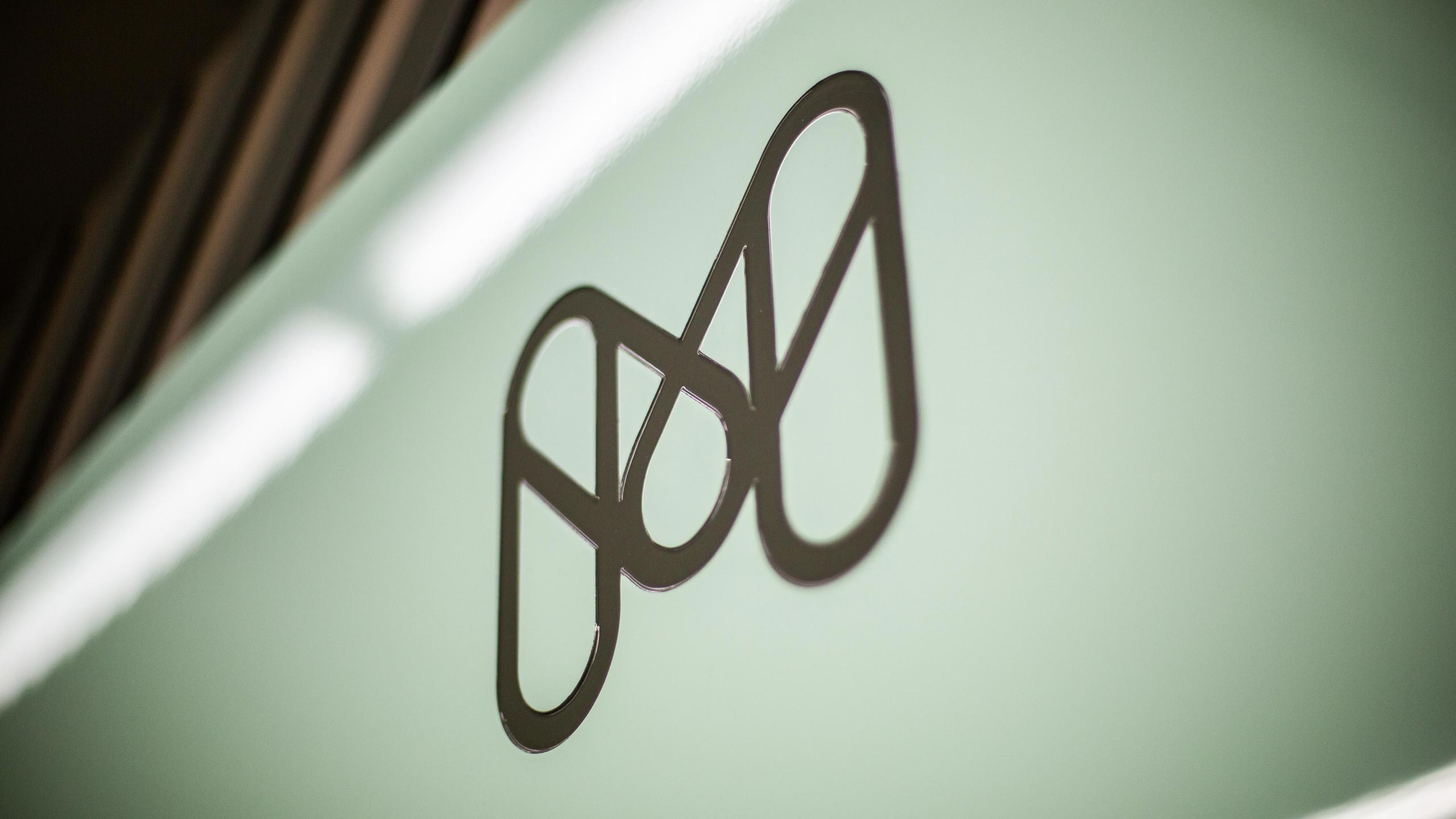The case of Qantas Airways Ltd v Edwards
Qantas uses a variety of “kangaroo” trade marks as part of its business, including the “kangaroo tail fin” logo below which it registered in Australia in 1996 for advertising, marketing and merchandising services and financial, investment and banking services associated with the use and promotion of credit cards and charge cards (Registration No. 711454):

In a recent Federal Court case, Qantas has unsuccessfully opposed an application by Mr Luke Edwards to register the following “kangaroo t-shirt” logo as a trade mark:

Mr Edwards operates an online retail store selling a range of goods including clothing and apparel. In 2010, Mr Edwards applied to register his “kangaroo t-shirt” logo above as a trade mark, for use in relation to clothing; footwear; headwear; shirts; T-shirts. At the time, Mr Edwards’s online store offered t-shirts branded with his “kangaroo t-shirt” logo.
Qantas formally opposed the registration of the “kangaroo t-shirt” logo on a number of grounds but the Delegate of the Registrar of Trade Marks found in favour of Mr Edwards.
Qantas appealed the decision to the Federal Court, claiming that the “kangaroo t-shirt” trade mark was deceptively similar in appearance to Qantas’s existing Trade Mark Registration No. 711454 for the “kangaroo tail fin” logo. In addition, Qantas claimed that the goods/services covered by the two marks were closely related, ie that Mr Edwards’s clothing; footwear; headwear; shirts; T-shirts were closely related to Qantas’s advertising, marketing and merchandising services.
Qantas also claimed that it had a strong reputation in Australia in relation to various registered and unregistered “kangaroo” trade marks it had used for many years and, because of this reputation, Mr Edwards’s use of his “kangaroo t-shirt” trade mark would be likely to deceive or confuse consumers. Qantas argued that consumers would simply see Mr Edwards’s “kangaroo t-shirt” logo on clothing as an extension of the Qantas brand.
The Federal Court dismissed both grounds of opposition and found in favour of Mr Edwards.
The Court held that Qantas and Mr Edwards’s trade marks were not deceptively similar in appearance, as each of the marks has a separate, distinctive element apart from a kangaroo. The Court also held that the goods/services covered by the two marks were not closely related. The Court noted that Qantas’s advertising, marketing and merchandising services were no more or less related to Mr Edward’s clothing; footwear; headwear; shirts; T-shirts than ‘any other goods or services that can be advertised, marketed or merchandised’ and that there was, therefore, no close relationship between the two.
In assessing Qantas’s reputation in its various “kangaroo” trade marks, the Court found that two of these “kangaroo” marks ‘would have been recognised by a substantial number of ordinary members of the public as marks denoting [Qantas’s] airline services’. However, the Court determined that there was no likelihood that consumers would be deceived or confused on seeing Mr Edwards’s “kangaroo t-shirt” trade mark used for clothing; footwear; headwear; shirts; T-shirts given the differences between the marks.
Qantas has now filed a new application for the “kangaroo” logo below covering a wide range of goods/services in 15 classes including various items of clothing (No. 1703712). Mr Edwards has opposed this application and it will be interesting to see the outcome of these proceedings.

This case highlights the importance of considering the different types of marks which are important to your business. In addition to registering brand names as trade marks, logos and other types of trade marks are also registrable and may be just as valuable.

